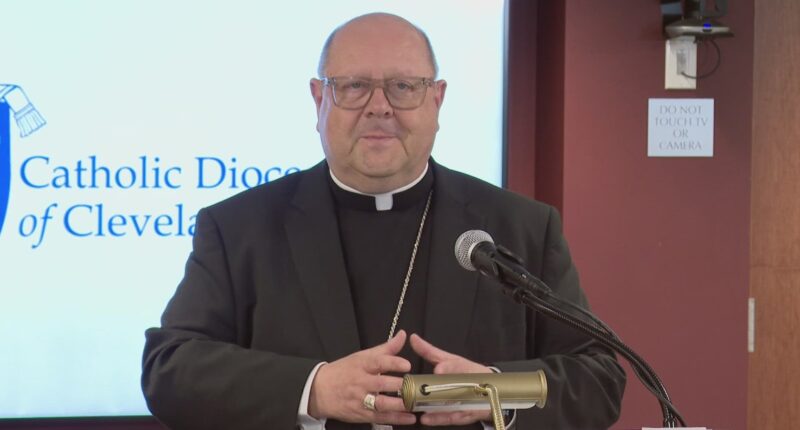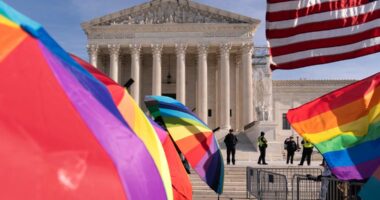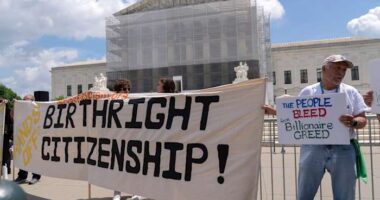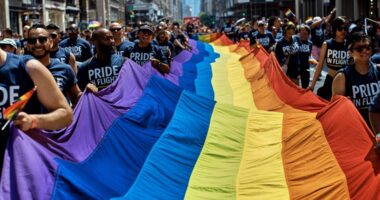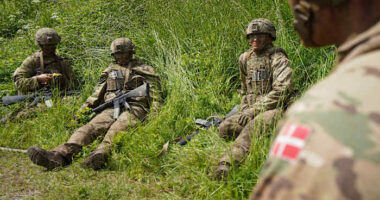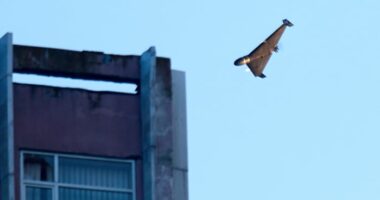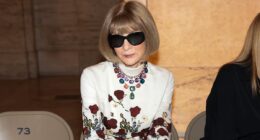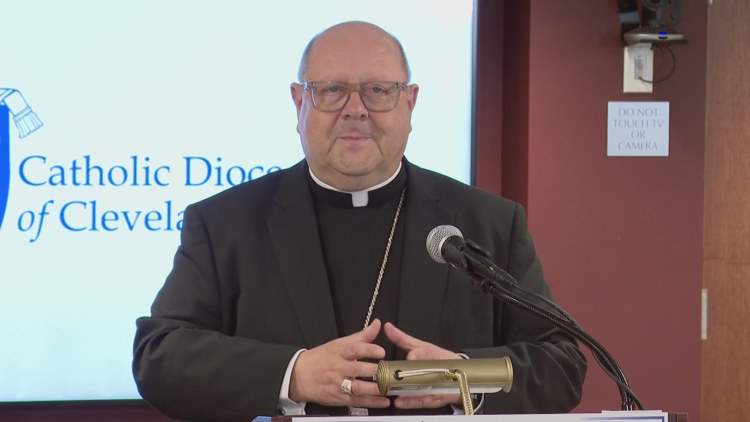
Cardinal Robert Francis Prevost has made history by becoming the first pope born in the United States. Bishop Edward Malesic first met him in 2015 when they were both newly appointed bishops.
The election of Cardinal Robert Francis Prevost as Pope Leo XIV has brought immense joy to American Catholics, marking the first time a Roman pontiff originates from the United States. Sharing in the celebration, Cleveland Bishop Edward Malesic described the moment as profoundly joyous and a significant milestone in history.
Expressing his excitement during a press conference in downtown Cleveland, Bishop Malesic commented, “I’m absolutely delighted. The most important quality for a pope is to be a follower of Jesus, and he truly embodies that.”
RELATED: Ohio political, faith leaders react to election of first pope from the United States, Leo XIV
Born and raised in Chicago before becoming a member of the Order of Saint Augustine, Prevost’s episcopal career took him largely outside the U.S., most notably as Bishop of Chiclayo in Peru. In 2023, Pope Francis appointed him prefect for the powerful Dicastery of Bishops in the Vatican, and made him a cardinal later that year.
Malesic noted how “the common belief was that there would never be a pope from the United States until the United States was in significant decline.” However, he believes the College of Cardinals saw Prevost as a unique case because of his wealth of experience across the whole world, and not just his home country.
“Pope Leo, formerly Cardinal Robert Prevost, knows the world,” Malesic explained. “He’s a worldwide figure. He is a person that understands the world. He certainly understands the United States and the thinking of Americans and how we operate.”
Malesic also acknowledged the sense of pride Catholics in the United States are feeling after seeing “one of our own” become the Church’s supreme pontiff.
“You have a man who hails from Chicago, was educated in Chicago, grew up in a typical Catholic household, and then went through the discernment process, and he saw himself as being called to a (be) priest, called to being an Augustinian,” Malesic said. “And then because he’s such a talented individual, people kept on choosing him for leadership positions in his own community and then ultimately in the Church — now for the world. I think we have every right to be thankful to God for picking someone that we will be able to relate to rather easily because he understands our culture.”
It was Pope Francis who made Malesic the Bishop of Cleveland in 2020, and the pair met several times during the former’s pontificate. However, Malesic’s first bishop assignment came in the Diocese of Greensburg in his native Pennsylvania, and it was following that initial appointment in 2015 that he met the man then known as Bishop Robert Prevost of Chiclayo.
“Every bishop, newly named bishop, needs to go to a program for new bishops outside of Rome held at a college run by the Legionaries (of Christ). Then Bishop Robert Prevost was part of that class,” Malesic recalled. “At the last day … I think I was sitting with him at a table, and I said, ‘I need to get from here to downtown Rome.’ And he said, ‘I have a car, I’ll drive you.’ So I was able to spend (some time with him while his chauffeur drove us.
“Does that give me any great insight into the man? No, but I can tell you that he’s a humble man, I can tell you that he’s a joy-filled man, and certainly a man who was willing to help a fellow bishop and need to get from one place to another.”
Leo XIV is the first pope to use that regal name in more than 100 years. The prior Pope Leo XIII is known as one of the architects of modern Catholic social teaching, something Malesic says could be a clue as to how Pope Leo XIV could view his new position.
“Most specifically, he (Leo XIII) was trying to figure out, ‘How (do) you inject justice into the common person? How do you allow workers to have rights?'” Malesic said. “So it’ll be interesting to see why he (Leo XIV) chose that name. I have no idea, but Leo XIII was a person who tried to figure out ‘How does the church react to a modern world and a changing world?'”
And while Malesic does not want to compare popes, he does see Leo XIV as likely carrying on Francis’ legacy of promoting a more open and welcoming Catholic Church for all.
“I think that he’ll be as faithful to the gospel as as Pope Francis was to the gospel,” Malesic said. “I absolutely do believe that the Church has the mission of extending its love and embrace to all persons — all persons who seek the truth, all persons who seek beauty, all persons who seek God.”
